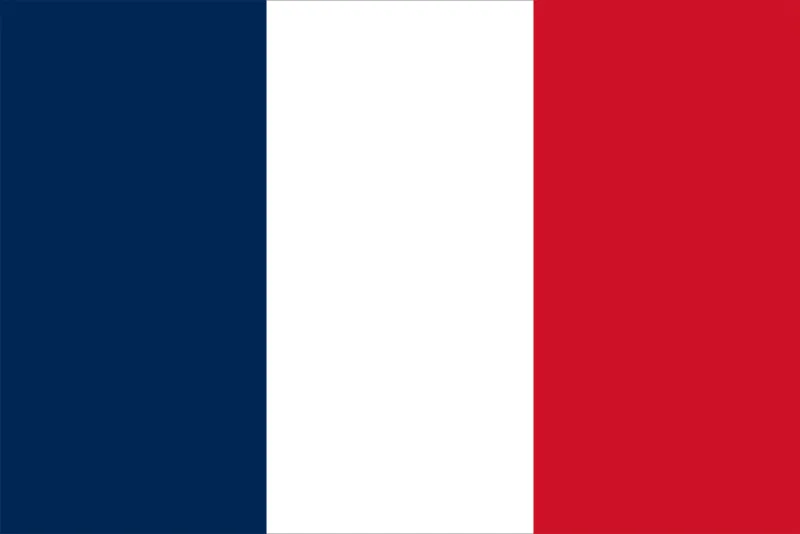
“Every man has two countries; his own and France.”
John F. Kennedy
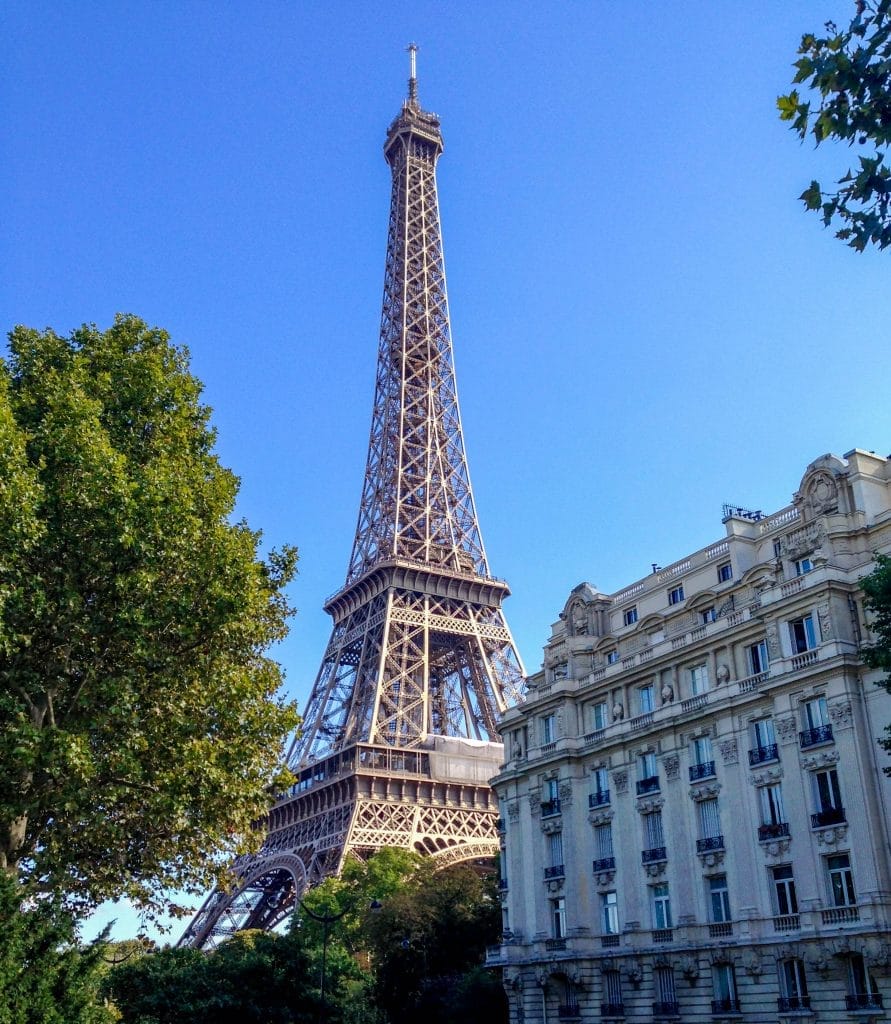
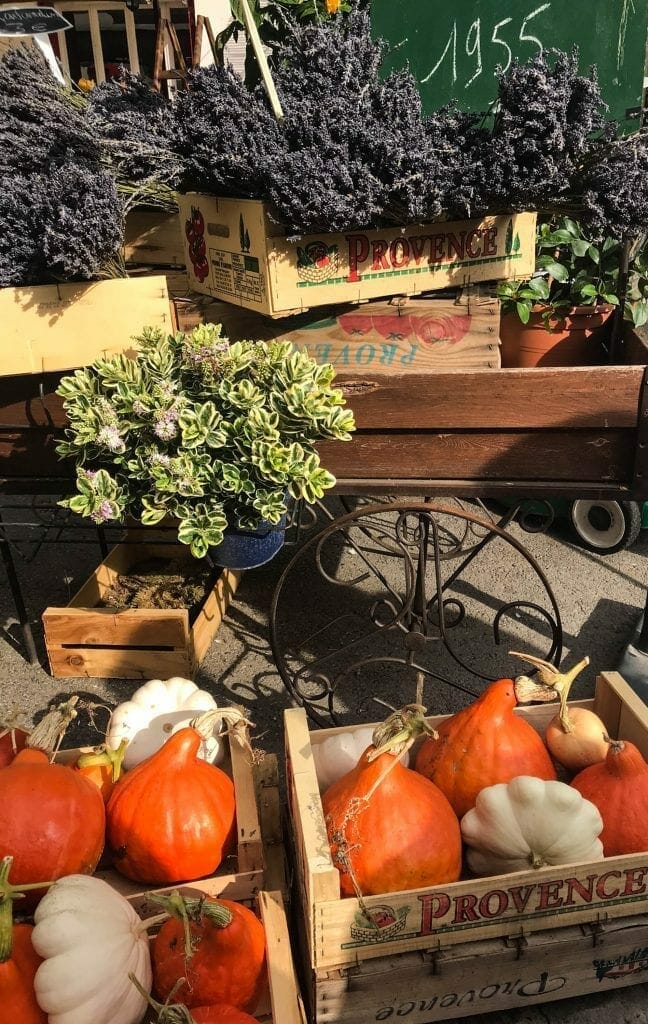
Top Five Destinations In France
- Paris The city of light, Paris, is the world’s most popular tourist destination. Known for its romantic ambiance, gastronomy, fashion, art, and iconic landmarks like the Eiffel Tower, Arc de Triomphe, Versailles Palace, and Sacré-Cœur Notre Dame Cathedral, France’s capital, is truly a gem. Moreover, Paris is home to some of the world’s finest museums, including the Louvre Museum and Musée d’Orsay. In addition, the city boasts magnificent gardens, such as the Luxembourg Gardens, and vibrant outdoor markets, offering something for everyone.
- Provence Extends into the French Riveria. Located in the South of France is the Mediterranean Sea’s shoreline (Cote d’Azur). The area is a lovely landscape of rolling hills, vineyards as far as the eye can see, gorgeous castles, quaint villages, expansive lavender fields, and simply pure wonder. The Provence markets are world-renowned, and there is no better way to spend the day.
- Loire Valley is a region in France nicknamed the “Garden of France.” It is regarded for its spectacular scenery, splendid chateaux, picturesque vineyards, wineries, and historic villages—a castle lover’s dream.
- Wine region, including Bordeaux, Burgundy, Reims/Champagne, Beaujolais, Rhone, and Alsace. France remains one of the top wine producers, with wines of every style and quality level from hundreds of unique appellations. Each of these regions has a unique beauty and lovely villages. There is nothing like miles and miles of spectacular vineyards to enjoy while wine tasting.
- Colmar and Strasbourg are along France’s German and Swiss borders. These cities are a photographer’s dream, with a labyrinth of cobbled lanes, flower-lined canals, and timber-framed houses painted in a rainbow of pastel hues. They are the quintessential Alsatian towns, brimming with traditional restaurants and surrounded by vineyards and medieval castles. Many travelers feel that Colmar is quaint. Both are known for their Christmas markets.
Did you know?
Country Stats
- Population: 67.8 million
- Capital City: Paris
- Currency Euro: (EUR)
- Language: French (official) 100%, declining regional dialects and languages (Provencal, Breton, Alsatian, Corsican, Catalan, Basque, Flemish, Occitan, Picard)
- Government type: semi-presidential republic
- Religions: Christian (Overwhelmingly Roman Catholic) 63-66%, Muslim 7-9%, other 4.5-6.5%, none 23-28%
- U.S. State Department Risk Level: 2 Terrorism threat
- Terrorist groups: Islamic Revolutionary Guard Corps/Qods Force; Islamic State of Iraq and ash-Sham; al-Qa’ida
- Liberty, Equality, and Fraternity are the national motto of France.
- France’s formal name is La République Française (French Republic)
- France is the wealthiest country in Europe and the fourth wealthiest in the world.
- GDP is 2.954 trillion, and it is ranked tenth in the world.
- France is the world’s most popular tourist destination, with about 84 million visitors annually.
- It is the largest country in the European Union, with 22 different regions.
- France’s Independence day is July 14th and is celebrated on a large scale nationwide.
- 94% of French children have English as their second language
- France won the most Nobel Prizes for literature than any country.
- The French rail network is the second largest in Europe and the ninth biggest in the world.
- The coastline of France is 2,142 miles.
- Mont Blanc in the French Alps is the highest mountain in Europe.
- France produces nearly a billion tons of cheese annually, of which there are 400 different types.
- Once rated 4th most productive country in the world.
- France is the world’s third-largest exporter of agricultural goods.
- The French inventions include the metric system, tin cans, hairdryers, hot air balloons, sealed glass jars for preserving, champagne, braille, and the camera phone.
- Life expectancy is 82.9 years old, which is a world ranking of 5.
- France’s literacy rate of 99%
Fun Facts
- France is famous for having many castles, palaces, and manors. It’s said to have around 40,000 castles. The most visited castles in France are Versailles, Chenonceau, and Chambord.
- France is also referred to as L’Hexagone, which means the hexagon due to its geometrical shape.
- The French army was the first to use camouflage in 1915.
- The French drink 11.2 billion glasses of wine each year.
- France has more Nobel prize winners in literature than any other country, 15.
- In France, you can marry a dead person posthumously in exceptional cases.
- Half of the world’s roundabouts are in France.
- The Louvre in Paris is the most visited museum in the world.
- French was the official language of England from 1066-1362.
- France in 2016 banned supermarkets from throwing away food, the first in the world to do so.
- The first movie screening occurred in France in 1895.
- April Fool’s day originated in France.
- The world’s first artificial heart transplant and face transplant occurred in France.
- French cuisine, or Gastronomy, was awarded UNESCO World Heritage Status in 2010.
- The French eat around 30,000 tons of snails yearly or about 6.5 snails per person.
- France produces around 1.7 million tons of cheese a year in approximately 1,600 varieties.
- The tradition of wearing a white dress at weddings originated in France in 1499.
- Denim clothing originated in Nimes, France.
- The Statue of Liberty in NYC was a gift from France to the U.S.
- The Tour de France cycle race has been running for over 100 years (1903).
- France is where gothic art and the Baroque style of architecture were born.
- The most popular sport in France is soccer.
- France has the most extensive railway system in Western Europe. Commercial rail companies use high-speed trains traveling at up to 200mph.
France Map
Good to know before you go
- Tipping is not required in France, as it is included in the bill. However, though not customary or expected, rounding up or offering a few extra euros for excellent service will be appreciated. This applies to restaurants, cab drivers, porters, bartenders, and other service workers.
- Credit cards are readily accepted everywhere except for small vendors or in some markets. Cash is ideal for small items like coffee or a pastry.
- Overall, the clothing is stylish, sleek, and well-kept. The French tend to be fashion-savvy. If you plan to visit higher-end restaurants or the theater, there is a dress code, so dress appropriately. While wandering Paris, you will see both casual and haute couture on the same street. Although jeans have become more popular, they are still not as common as in other European nations. Sneakers are the norm now but tend to be more stylish and come in darker colors. In contrast, in the smaller villages in France, the dress code is often more casual, except among the older locals.
- France’s roadways are diverse, ranging from modern high-speed motorways to rural one-way dirt roads. There are three kinds of routes, and you should familiarize yourself with them: 1) Autoroutes, 2) National Roads, and 3) Department Roads. Most of the routes are marked with an ‘A’ for autoroute, and these are toll roads. Tolls (péage) can get quite expensive in France, so be mindful if you are on a budget. Toll roads accept credit cards, and there are many large service areas (every 9 miles) along the autoroute.
- If you want to take a more scenic route and are not rushing, then D for department roads is the way to go. You will discover new towns and have a much better view of France’s landscape. N for National routes is the shortest distance between two major centers and the preferred method for freight traffic, which is huge in France. Keep in mind that in small villages, streets are very narrow and, at times, challenging to negotiate.
- In France, there is a low tolerance for driving under the influence. In fact, since July 2012, all drivers must have a breathalyzer (L’éthylotest) on hand. You can buy a single-use breathalyzer in a pharmacy, Tabac shop, or some supermarkets. The tolerated blood alcohol level in France is very low, 0.5 mg per ml, which means one drink can put you over the alcohol limit.
- France requires your vehicle to have three items: 1. A warning triangle 2. A yellow reflective security vest 3. French Breathalyzer
- This is the home of roundabouts. They are magnificent once you learn to navigate them. Take time to learn roundabout etiquette, and you will fall in love with them too!
- Speed cameras are standard in France, so it is best to watch your speed closely.
- The French public transportation system is exceptional. The metro in Paris is simple to navigate, and no place in Paris is more than 1/3 mile from a metro station. Trains within Paris and all over France are incredible and very timely. The train stations are enormous! The TGV, high-speed trains, are always worth it. If you purchase tickets months in advance, you will find the train much less expensive, and first-class tickets are only a few euros more. First class is excellent and much more enjoyable if you can catch it when prices are low. However, don’t miss your train; Joelle did that once from Lyon to Paris, and she paid an exorbitant price for a coach seat on the next train.
- The French love American music, and you will hear it everywhere, but by law, at least 35% of all music played on private radio stations must be French.
- The French love almost everything American, especially the people. They still appreciate the U.S.’s role in liberating France from Hitler. Joelle observed this when her American family and friends were directly thanked while visiting Normandy for their role in rescuing France; they hadn’t even been born yet.
- The French don’t appreciate rude Americans, but we can guarantee they despise rude fellow Frenchpeople even more. They take good etiquette, manners, and politeness seriously in France.
- France is not a place for impatient people. Speedy service is not their thing. Anything worth doing is done thoughtfully and well.
- The only beverage you should have during a meal is wine or water: no coffee, soft drink, tea, or beer. Oh, and coffee to go is still not the norm in France.
- When speaking English, speak slower. Although they understand English, they tend to talk fast and use slang they did not learn in school.
- The French do have their superstitions! According to folklore, placing a baguette or a loaf of bread on the table upside down puts the people around you at risk of misfortune or death. As a guest in someone’s home, take care of your baguette placement.
- The French have a great fear of drafts. “Le Courant d’air” is no laughing matter to the French. Midsummer in stifling heat in a crowded dining room, Joelle and her family were enjoying a meal with her lovely French family; she went to open just one of many closed windows. The reaction was swift and firm. Close that window, or you will get sick from the Courant d’air.
- The French eat late. The finer restaurants or non-touristy ones have opening hours between 7 and 8 p.m. With many more exceptional places or tiny establishments, there are two seatings: 8:00 and 10:30. You will be there the whole time, and yes, the 10:30 finishes around 1:00 a.m.
- In most of Europe, especially France, most restaurants won’t clear your plate until everyone at the table is done. This is good etiquette, and we wish it were practiced everywhere. If one plate is removed while the other customers are still eating, it sends the message that they are being rushed to leave or that the others are taking too long to eat. No plates should be cleared until all the customers are finished eating. Finer dining establishments call this the book rule.
- The French greet predominantly with kissing on the cheeks, even in business. This is usually a light kiss cheek to cheek, mainly in the air. Usually two, but in some regions, it can be four. Suppose you are unsure what to do; just let them lead. If they reach out their hand, then shake it. The French are not huggers; even with close family, this is a romantic gesture between couples. It may even be offensive to some French people.
- Most French metro shuts down at 2:00; remember when you are out and about. Taxis and rideshare services can be called during later hours.
- The French are proud people; they will self-criticize their own country and politics but don’t like it much when you do. Keep your opinions to yourself. If you need to critique, speak about your views on U.S. politics. They watch us closely.
- Never leave a bathroom door open. Always fully close the door.
- The French have a particular sense of humor, often dry and sometimes offensive. It is not meant to offend; they try not to take themselves too seriously!
- Raucous dinner debates and arguing are common in French culture. This will include dramatic gestures and raised voices. It is ingrained in the French, so don’t take it personally if it is directed at you.
- As Joelle is French and has all her extended family in France, she will address some cultural tips in the next section to enhance your French experience.
Joelle’s Do’s and Don’ts when visiting France
The French have a reputation for being rude, intolerant, and hating Americans. However, this reputation is far from the truth. In fact, I have found the French to be some of the kindest and most gracious people in my travels. This observation comes not from my native bias but from careful observation beyond my personal interactions. I have taken many American friends of all ages to France and watched closely (it’s the behavioral scientist in me). Additionally, I often watch tourists interact with the locals.
When I travel to accompany friends and family for the first time, I always share a basic set of rules (#1 below), and, as a result, they rarely have negative experiences anywhere in France.
The French follow established manners, rules, and cultural customs—or, more accurately, etiquette. These customs are very important to the French. By following them, you will receive a much warmer and kinder welcome. The French are proud people; therefore, showing respect and awareness goes a long way. After all, you are a guest in their country, so be a good one.
When to go to France
Thanks to its five mountain ranges (the Alps, Pyrenees, Massif Central, Jura, and the Vosges) and three oceans (the Atlantic Ocean, North Sea, and the Mediterranean), France is a veritable year-round playground.
The best time to visit France is Spring’s shoulder seasons (April to May) or fall (September to November) when the weather is warm, and the crowds are less crazy. The winter months (December to February) are great for ski holidays and wide-open attractions, while the summer with lovely weather (June to August) is the most crowded and priciest time of year.
The temperatures below are for Paris. The French Alps would have harsher winter temperatures, and the Mediterranean would be warmer overall.
- Summer 56-78 °F (13-26 °C)
- Spring 41-69 °F ( 5-21 °C)
- Fall 42-71°F ( 6-22°C)
- Winter 36-48 °F (2-17 °C)
Our Favorite Resources
This resource section contains some Amazon affiliate links. If you use these links to buy something, we may earn a small commission at no additional cost to you. Thank you!
Travel Books/Guides
France is the place Joelle had been to more than any other country in the world. Her parents were born and raised in France, and French was her first language. That said, when all your extended family is in France, all those trips are not about seeing the country but going from one table to another. It wasn’t until she was an adult she saw France beyond that. Using guides for those trips was what started her travel guide collection. Learning what there was to see was not easy, and it emphasized the importance of research early on.
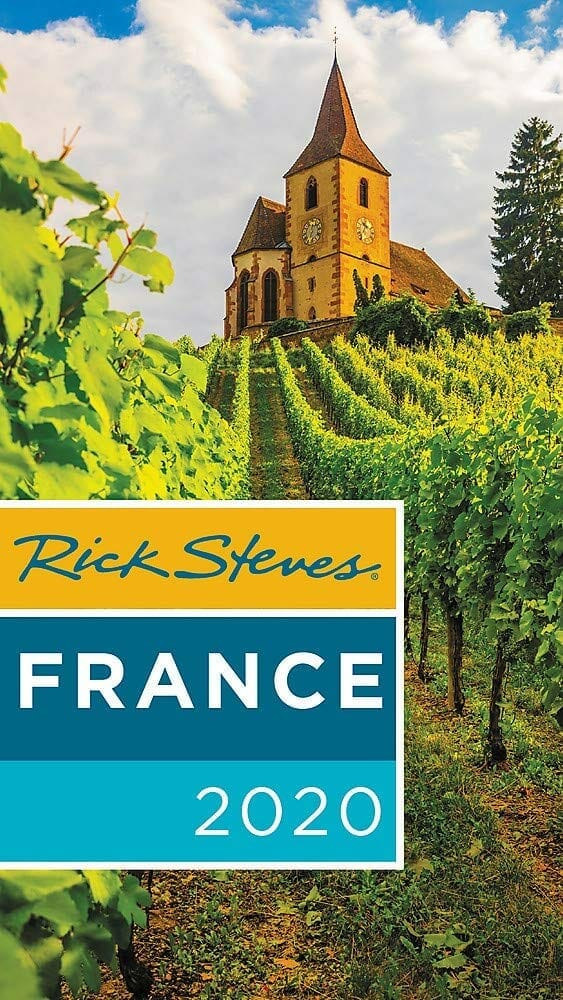 Rick Steves France 2020 (Rick Steves Travel Guide) by Rick Steves
Rick Steves France 2020 (Rick Steves Travel Guide) by Rick Steves
This was the first Rick Steves guidebook Joelle bought, and she has since relied on them for all destinations he offers. Full disclosure: We are huge Rick Steve fans; it will be rare not to recommend one of his excellent guides. We love his travel style and perspective. His off-the-beaten-path approach and his independent travel philosophy match well with how we travel. The guides never disappoint and are a fantastic resource. Find this must-have guide here.
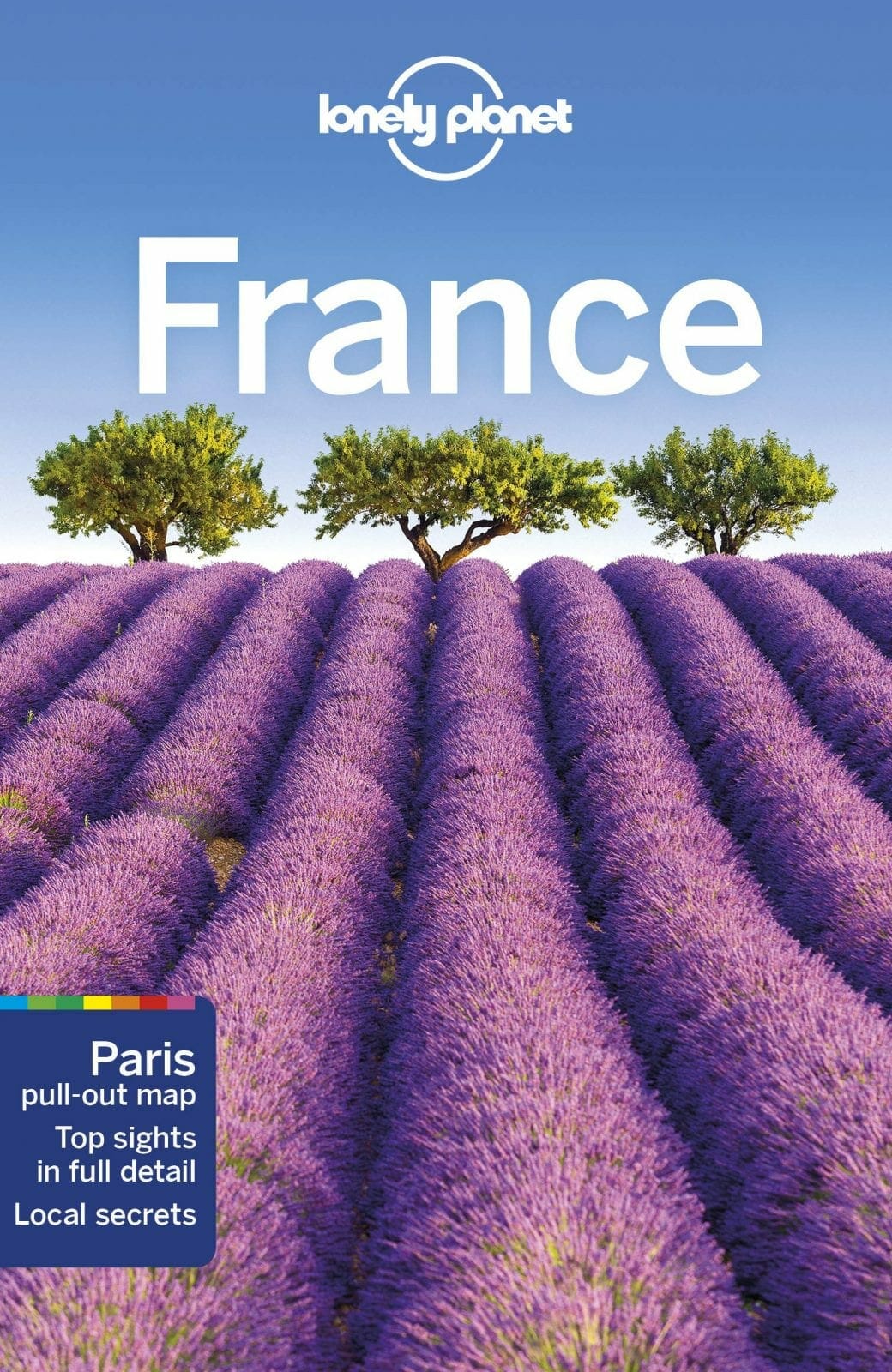 Lonely Planet’s France 2019 (Country Guide) by Lonely Planet
Lonely Planet’s France 2019 (Country Guide) by Lonely Planet
A passport to the most relevant, up-to-date advice on the highlights France has to offer and what hidden discoveries await you. Grab a café crème at a Parisian sidewalk cafe, take in glacial panoramas above Chamonix, and explore the Champagne-soaked city of Reims. Great photography and lots of details to aid in planning. Discover this travel guide here.
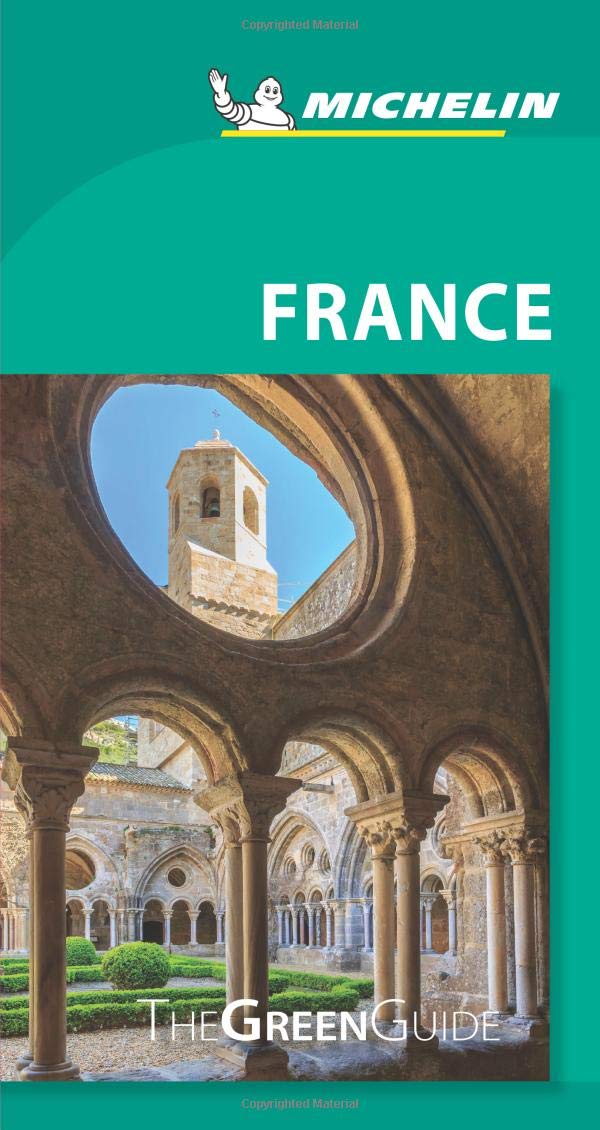 Michelin Green Guide France Travel Guide by Michelin
Michelin Green Guide France Travel Guide by Michelin
This is the quintessential guide to France. Michelin is based in France and knows its home base better than anyone. It also uses a rating system that helps pick what is best for your trip. The updated version presents star-rated attractions, accompanied by regional introductions, cultural background, detailed maps, and recommendations for many great hotels and restaurants. Looking for medieval castles, a guide to visiting Normandy beaches, info on world-renowned wine regions, finding the lavender fields in Provence, or detailed guides to cities? Michelin ensures you see the best of France. Find this guide here.
Our favorite websites
2. U.S. Department of State Bureau of Consular Affairs France Country Info
We cannot encourage you enough to visit this website as you plan and prepare for your trip. This is the U.S. Federal Government addressing the safety, security, travel risk, entry, exit, visa documents mandates, emergency U.S. and Embassy contacts, health, local laws, exceptional circumstances, threats, traveler vulnerabilities, government warnings, and transportation in France. This is your best and most reliable resource for all this critical info. Check back often before you go, as things can change quickly. Being prepared is essential in all travel, but especially internationally.
France International Travel Information (state.gov)
3. The Center for Disease Control and Prevention (CDC) Travelers Health Resource
This CDC travel resource provides essential health info for your specific destination. Using their tool, you can determine which vaccines, medications, and health advice recommendations are needed for France.
CDC’s Travelers Health Page for France
Our favorite maps
Renowned for over 100 years for its clear, accurate, and easy-to-read mapping, Michelin gives travelers an overall picture of their route with practical road and travel information. It also offers city maps containing extensive street indexes. Major sites and landmarks are well-marked. Though we default to Google Maps, this came in handy when service was poor or during construction detours. Find this essential map here.
Our favorite apps
Google Maps: Trip and Holiday Organizer. The app instantly displays all your travel options, restaurants, activities, and accommodations when you enter any address, landmark, or city. We have come to rely on it when using public transportation; it has been flawless in getting us on the right bus or metro. Find it on your App Store.
Duolingo-Language Lesson Audio lessons that help improve your listening and speaking skills. Find it on your local App Store.
Rick Steves Audio Europe This app includes Rick Steve’s audio content library and provides cultural and travel information, including self-guided tours of top attractions and historic walks. It is a must-have. Find it on your local App Store.
Google Translate: We use this often to practice proper pronunciations of any language we encounter while traveling. As we always encourage, it is essential to learn the basics of greeting and thanking people in the local language. Google Translate was an easy app to use. If needed, you can enter text in English, and it will speak back in the language you need to aid in communicating with locals.
Do you have a favorite French travel resource? Share your favorites in the comments section at the bottom of this page or
Flights, Accommodations, and Everything You Need to Book in One Place
Are you planning a vacation this year? Start your research early to explore your options and find what fits your budget. By booking your own travel, you’ll uncover great deals and have complete control over your itinerary. The links below can be used for all elements of your trip, not just accommodations.
It is essential to price out accommodations on various sites. Expedia is a US-based company, whereas Booking.com is a European company. Not all properties appear on both, so it is best to check both. Our personal first choice is Booking.com. If the establishment has a website, check the price there as well. Click the link below to check out hotels and vacation homes in the area. It may be just the motivation you need to start planning that next grand adventure.
© 2026 Wanderers Compass All Rights Reserved
Our France Posts
9 Things to Know about French Culture Before You Visit
Prepare for your trip with these 9 things to know about French culture. Show…
December 26, 2025Eze France: Medieval Splendor
Charming Eze, France, is a picturesque hilltop medieval village renowned for its breathtaking panoramic…
April 1, 2025Exploring My French Heritage: A Wine Lover’s Journey Through Mas Olivier Winery and the Languedoc-Roussillon Region
Come for the winery, but stay to explore the Languedoc-Roussillon region: a treasure trove of attractions…
September 6, 2024Grand Marnier: Exquisite Elegance
Uncover the story behind Grand Marnier, a liqueur that has been a part of…
June 16, 2024French Crepe Recipe
Experience the joy of making French crepes with this recipe. Perfect for family gatherings…
January 28, 2022France Photo Gallery
















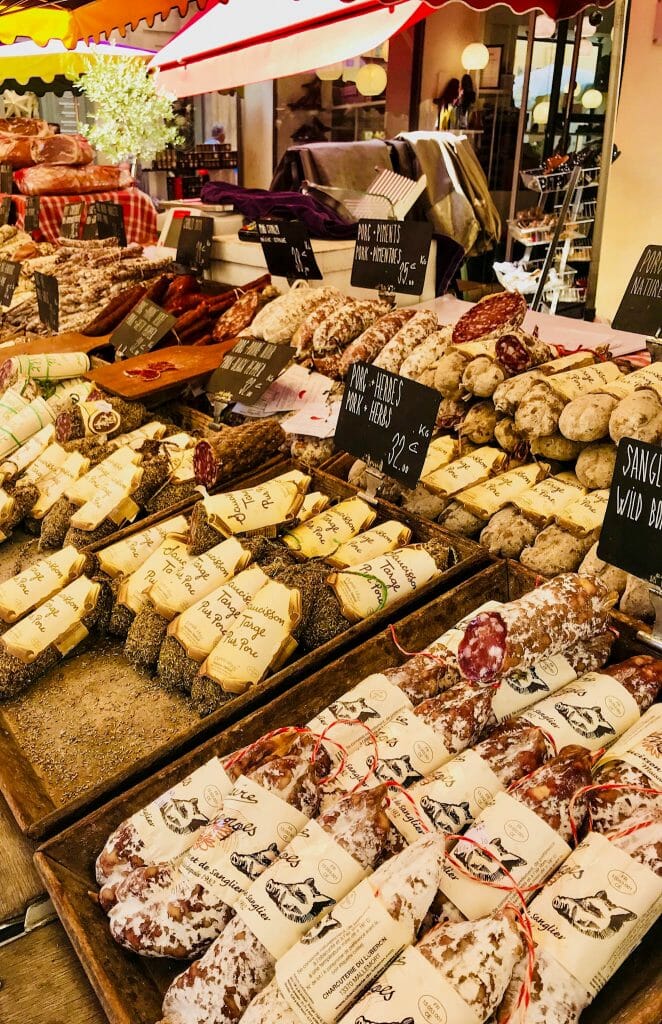

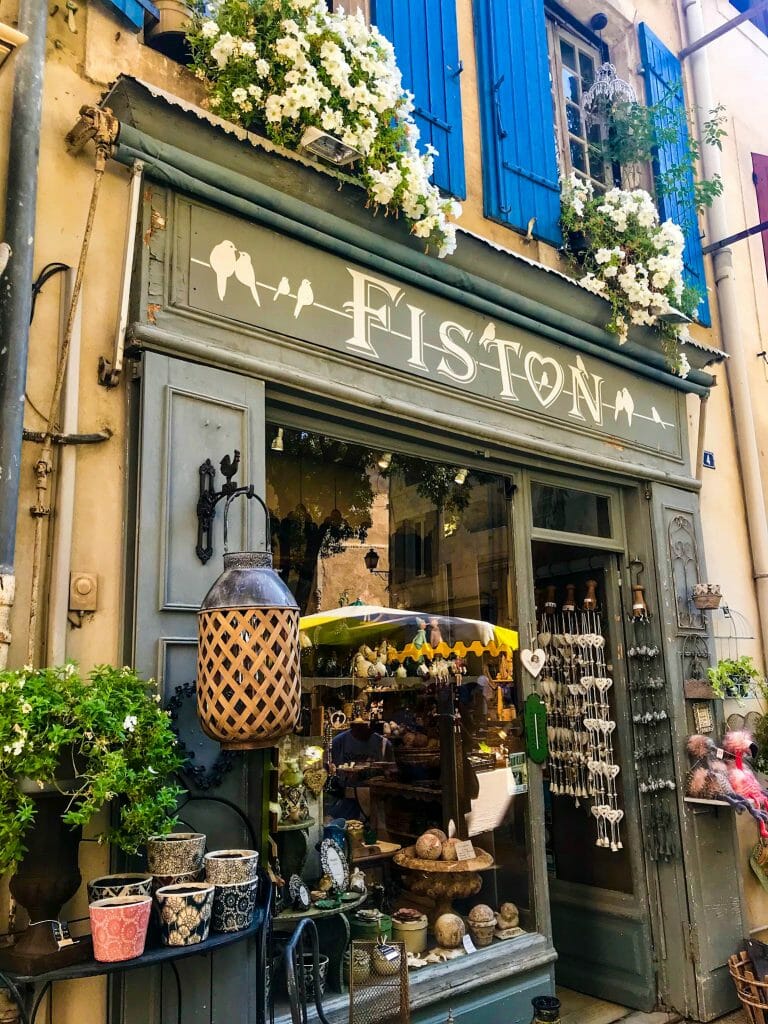






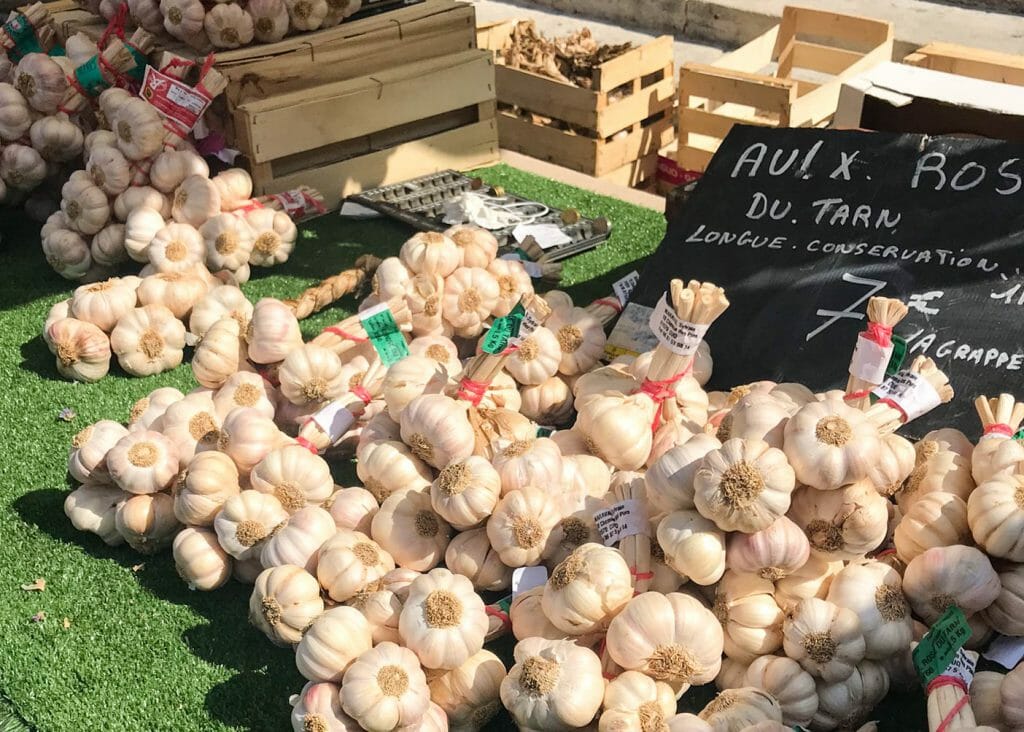


















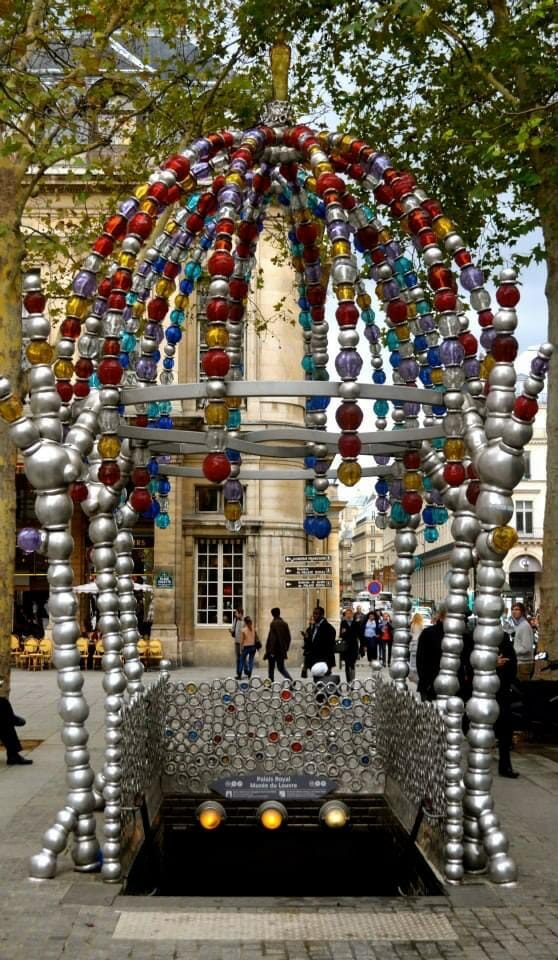
























Our Top Recommended Travel Products
Travel Insurance
Squaremouth.com
Our favorite travel insurance site!
We strongly advocate comprehensive travel insurance, not only for minor inconveniences but also for major, unexpected events such as medical emergencies. We never leave home without it. Our go-to resource is Squaremouth.com. which offers a user-friendly platform that connects you with top-rated, reputable insurance carriers. Plus, they’ll mediate on your behalf if you run into any issues.
To empower you as a consumer, we recommend you read our blog post on why travel insurance is essential and how to secure the best coverage from leading companies at an affordable price.
MedjetAssist
Medical transport back home from anywhere in the world
Medjet is a leading provider of global air medical transport. Unlike traditional travel insurance, which typically covers medical evacuation to the nearest facility, Medjet goes further by ensuring you’re transported back to the U.S. to the hospital of your choice once you’re stable enough to fly. Medjet offers membership plans that focus on medical transport, while Medjet Horizon provides expanded coverage for broader protection. Individual trip policies start at just $99, and annual policies are available for around $300. Most policies have an age limit of 74.
To learn more about how Medical Evacuation membership with Medjet Assist works, check out our blog post for a more detailed review.
Accommodations and Airfare
Booking.com
Hotels, Home rentals, BNBs, Flights, and other Transportation & Tours
Booking.com connects millions of travelers to unforgettable experiences, a wide range of transportation options, and incredible places to stay—from homes to hotels and beyond. As one of the world’s largest travel marketplaces, it supports well-known brands and entrepreneurs of all sizes. For its convenience, variety, and reliability, it’s our preferred booking platform.
Expedia and VRBO
Hotels, home rentals, BNBs, flights, and other transportation & tours
Expedia is a U.S.-based company with a mission to make global travel accessible to everyone, everywhere. At Wanderers Compass, we embrace independent travel, and platforms like Expedia are essential to making that a reality. Expedia allows you to book every aspect of your trip—from flights and accommodations to rental cars, cruises, and activities—making it a one-stop shop for all your travel needs.
Transportation
Daytrip
Personalized city-to-city private car transfer service
Daytrip provides an affordable private car service for city-to-city transfers worldwide, and we absolutely love their service. It’s a cost-effective alternative to renting a car, offering comfortable, stress-free travel with the added benefit of scenic stops along the way. For example, we used Daytrip for travel between Budapest and Vienna, enjoying some fantastic detours to local attractions. With professional drivers and customizable routes, Daytrip ensures a smooth ride while allowing you to explore hidden gems and unique sights along your journey.
To learn more about Daytrip, check out our blog post for a more detailed review.
Travel Experiences
Viator
The leading marketplace for travel experiences
Viator believes that travel is all about creating unforgettable memories. With over 300,000 experiences to choose from—ranging from simple tours to extreme adventures, plus a wide array of unique, niche activities—it’s never been easier to make lasting memories. We frequently use Viator during our travels and especially appreciate its flexible cancellation policy, which provides peace of mind with every booking.
Communication products for seamless connectivity overseas
GigSky International eSIM Data Plans
Local Prices. No Roaming. Fastest Networks.
GigSky eSIM effortlessly connects travelers worldwide, eliminating the need to swap physical SIM cards or face unexpected roaming charges. With affordable data plans and instant activation, you can enjoy reliable internet access in over 190 countries, making your travel experience more convenient than ever. Plus, they offer a fantastic deal: a free 100 MB data plan with no credit card required. They are so confident that you will love their service!
Enjoy 10% off all GigSky Plans (except cruise and inflight) with our discount code WCOMPASS10.
To learn more about how GigSky works, check out our blog post for a more detailed review.
Shopping
Wanderers Compass Amazon Storefront
An excellent source for all travel essentials and guides that we have vetted ourselves
Amazon is one of the world’s most comprehensive online shopping platforms, offering lower prices, a wide selection, and fast delivery through its global fulfillment network.
This page contains affiliate links. When you purchase through these links, we may earn a small commission at no extra cost to you. Thank you for your ongoing support!
Want to learn about Wanderers Compass?
Check out all our blog posts on France
9 Things to Know about French Culture Before You Visit
Prepare for your trip with these 9 things to know about French culture. Show…
December 26, 2025Eze France: Medieval Splendor
Charming Eze, France, is a picturesque hilltop medieval village renowned for its breathtaking panoramic…
April 1, 2025Exploring My French Heritage: A Wine Lover’s Journey Through Mas Olivier Winery and the Languedoc-Roussillon Region
Come for the winery, but stay to explore the Languedoc-Roussillon region: a treasure trove of attractions…
September 6, 2024Grand Marnier: Exquisite Elegance
Uncover the story behind Grand Marnier, a liqueur that has been a part of…
June 16, 2024French Crepe Recipe
Experience the joy of making French crepes with this recipe. Perfect for family gatherings…
January 28, 2022
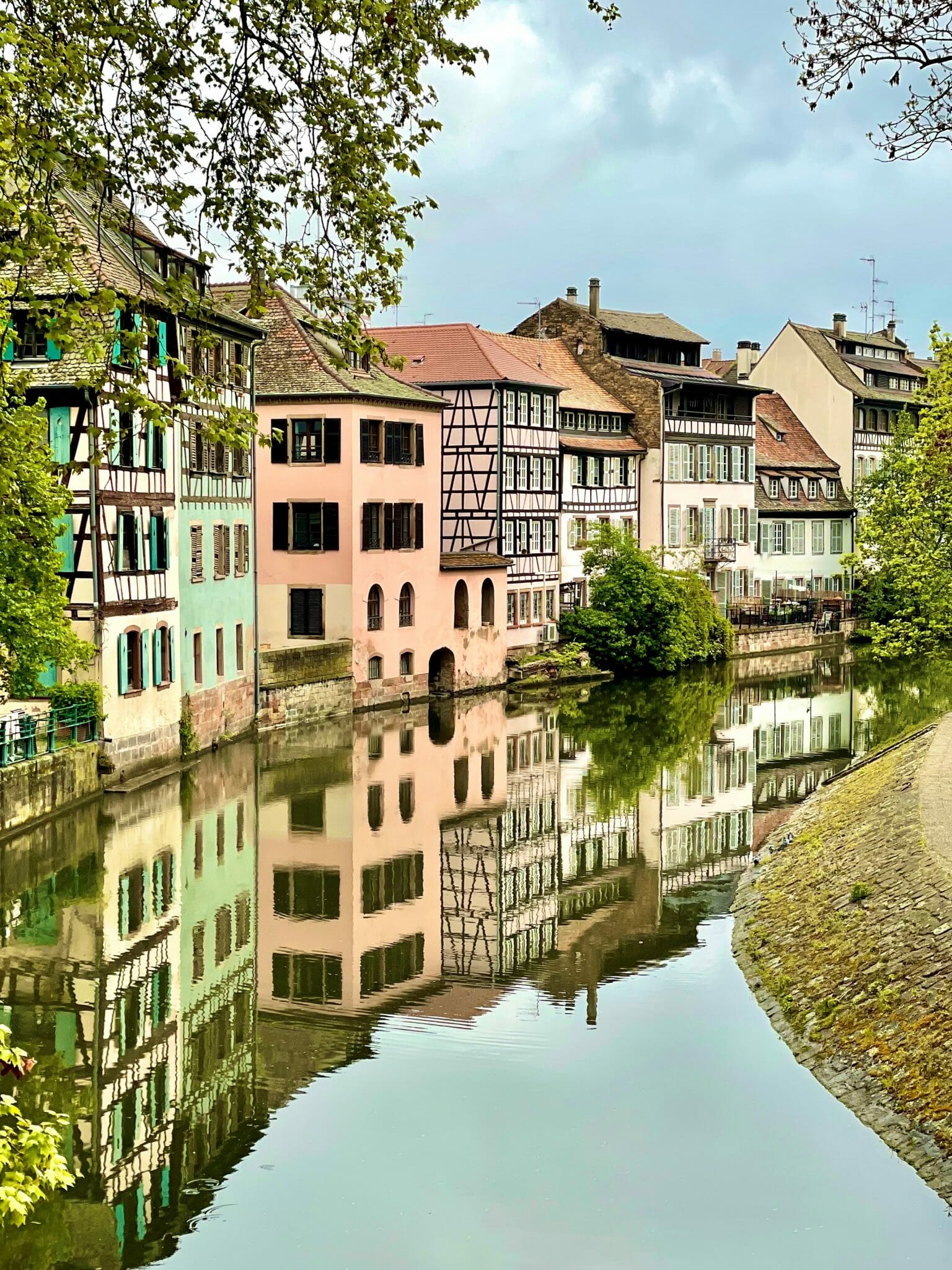
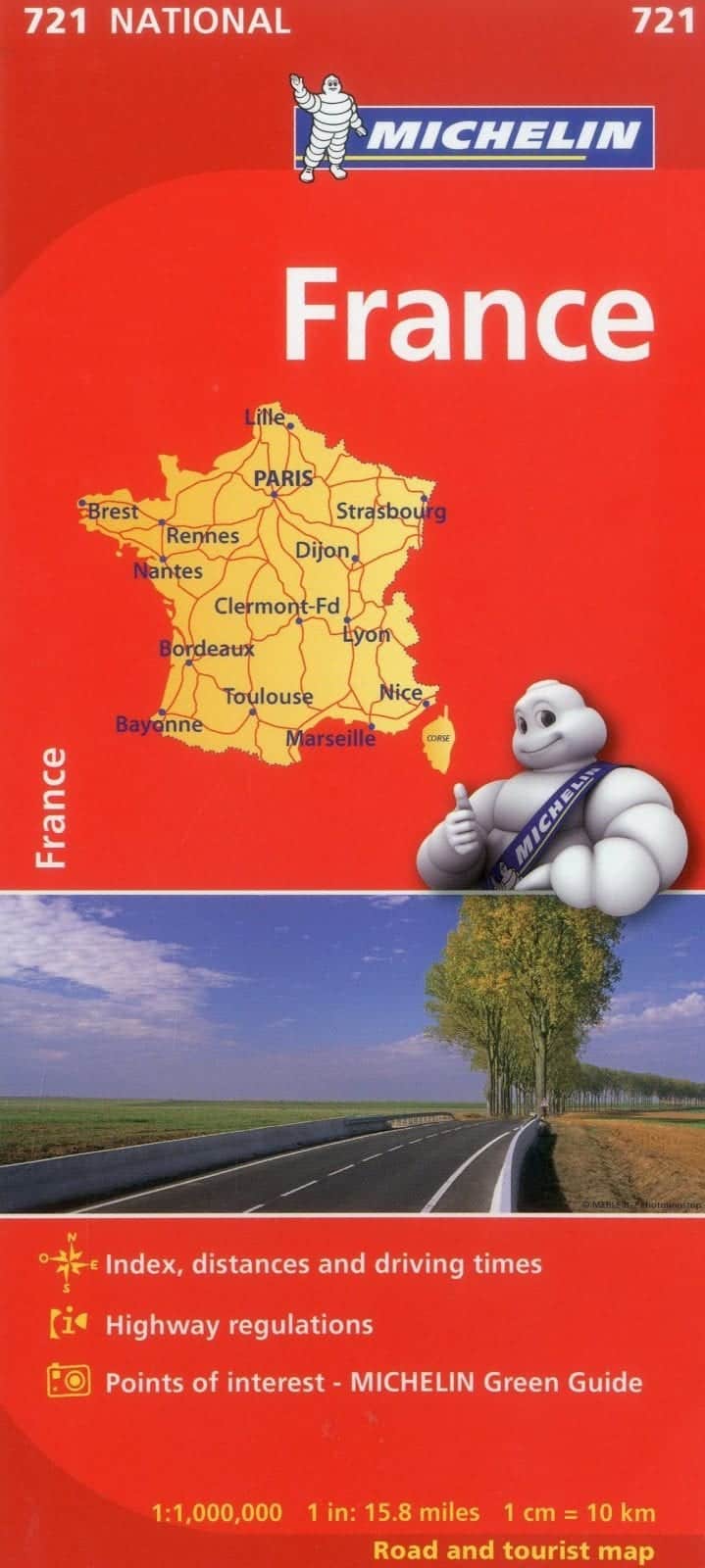
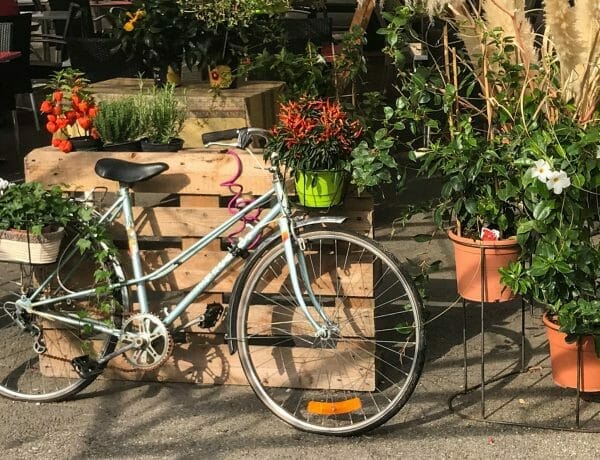
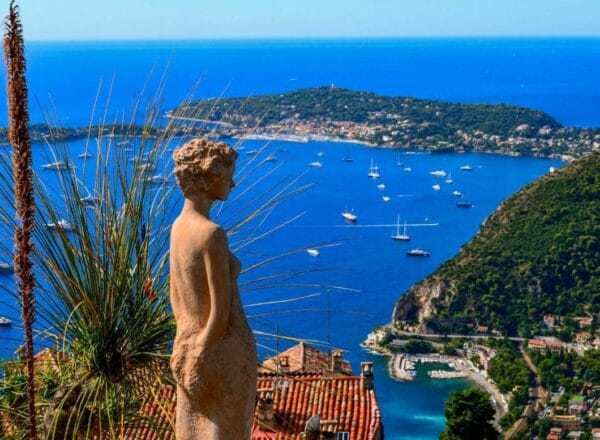
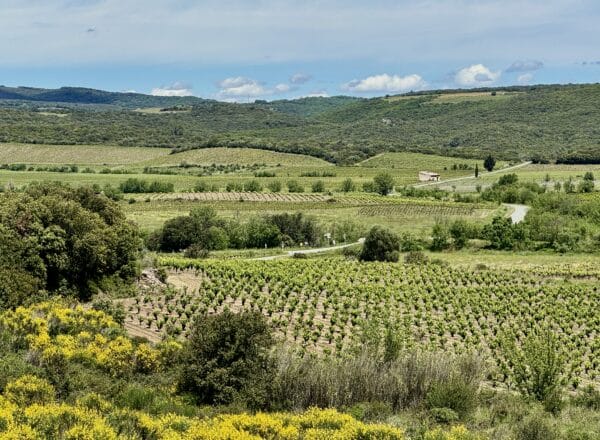
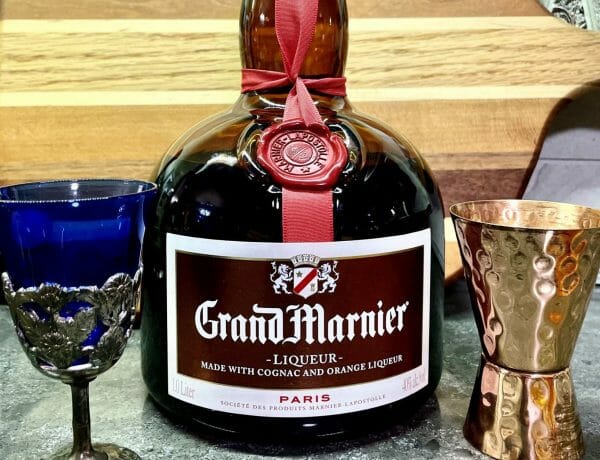
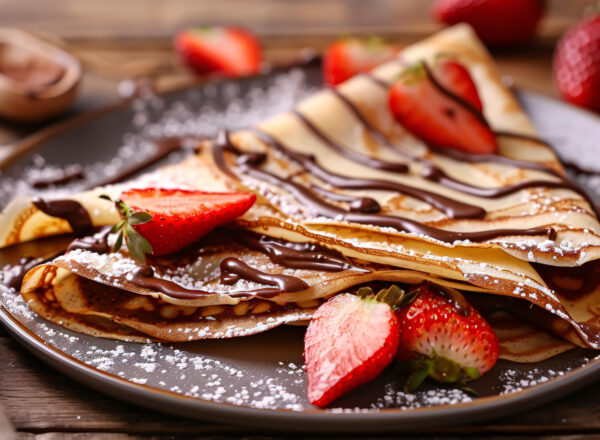

No Comments